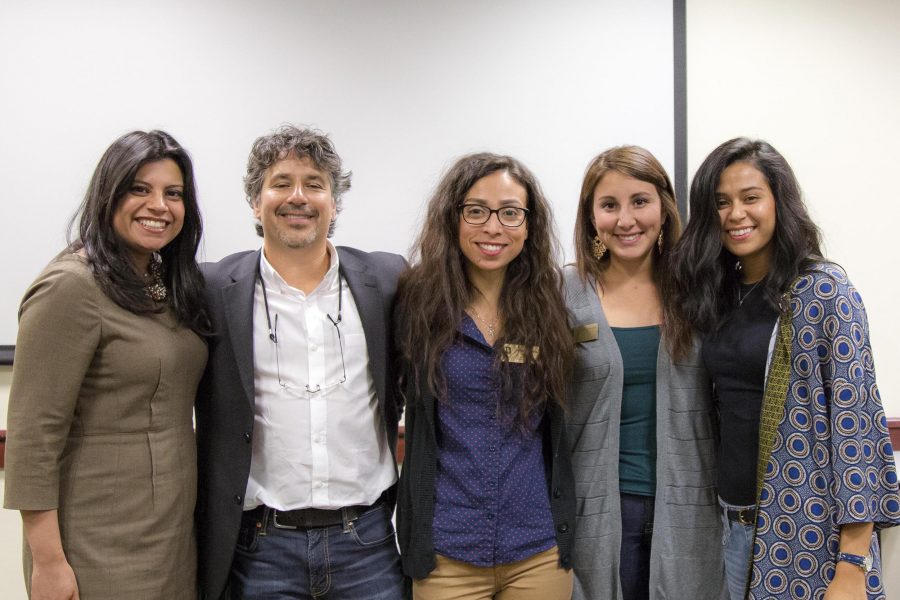Emmy-nominated filmmaker John Valadez came to Sacramento State during Hispanic Heritage Month on Friday to discuss his latest short documentary, “The Head of Joaquin Murrieta,” which revolves around the discovery of the severed head of the titular legendary Mexican outlaw.
The story of Joaquin Murrieta is a folktale originating in the 1850s, a time period where Mexicans were lynched in most western U.S. states. Murrieta became an outlaw after he had his land taken from him and his pregnant wife raped and murdered. He was later killed by bounty hunters who sealed his severed head in a jar and kept it as a trophy.
Eighty-five students attended the film screening Friday to watch Valadez as he embarked on a journey seeking answers about his Hispanic heritage.
After the screening, Valadez discussed the importance of knowing the history of Hispanics with the rest of the attendees. He said that if the contributions Latinos made to America are not known, then people will get the false impression that Latinos don’t belong in America.
Valadez said that there will be times when others will try to limit people with the same background as his to keep them from being who they are.
“Somebody’s always trying to put us in a box,” Valadez said. “Tell us who we are, what kind of job we ought to have, where we ought to go to school, who we ought to date, it’s a million things and it’s different for everyone.”
Norma Mendoza, program coordinator of the Serna Center, said that the goal of this event is to educate the campus community on different aspects of Hispanic history.
“Hispanic Heritage Month is about celebrating, but it’s also about educating,” Mendoza said. “Sometimes we don’t like to hear about the sad part of our history, but it’s part of the heritage.”
Paola Yepez, a freshman studying journalism, said she attended the event because she was interested to learn more about her Mexican-American culture. Yepez, along with the rest of the audience, had no prior knowledge about the lynching of Mexicans.
“We need to be able to know our history to be able to know who we are and our Hispanic backgrounds,” Yepez said.































































































































